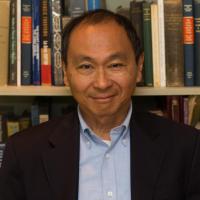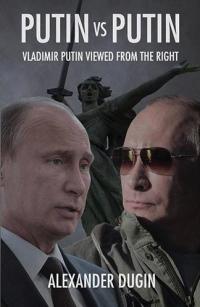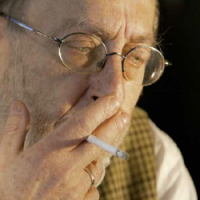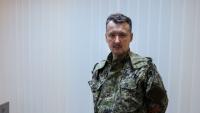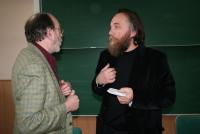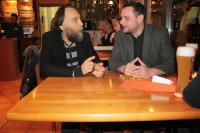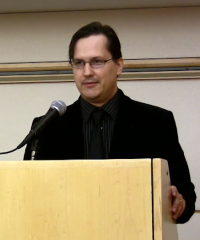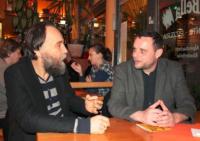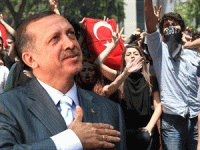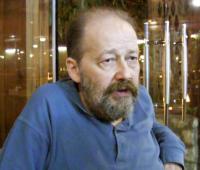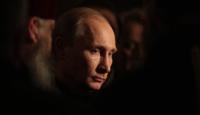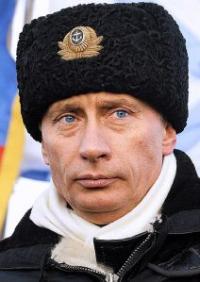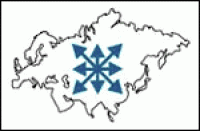The Clashing Dance – Dugin-Fukuyama-Krastev's Meeting
Fukuyama's main tenets
never getting to the core of things – "We [USA] are not good at democratizing countries". But then again, who in the world asked you to do that "for us"? This question has to be answered honestly—as a matter of fact, it is Paikin not asking this that proves the show to be sold in advance;
replacing truth for political correctness – "Liberal democracies don't fight each other". The idea is mischievous at least for three reasons:
the problem with this assumption relies not only in the accuracy of the claim itself (there has been wars between democracies), but also in the fact that its credo is precisely what leads to war against other kinds of regime, who are considered intrinsically a crime punishable by war; therefore, the claim recognizes its prejudicial vision of the Other as a phenomenon and legitimizes the necessity of their killing.

